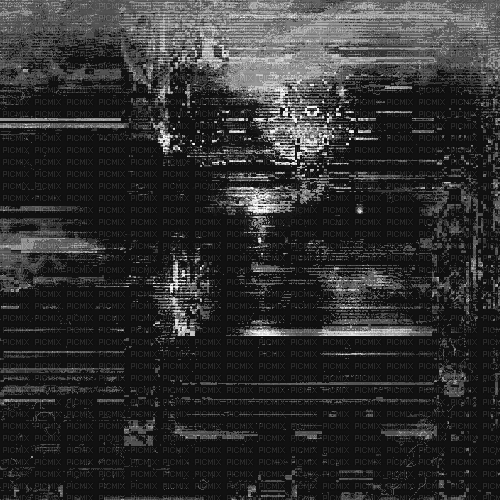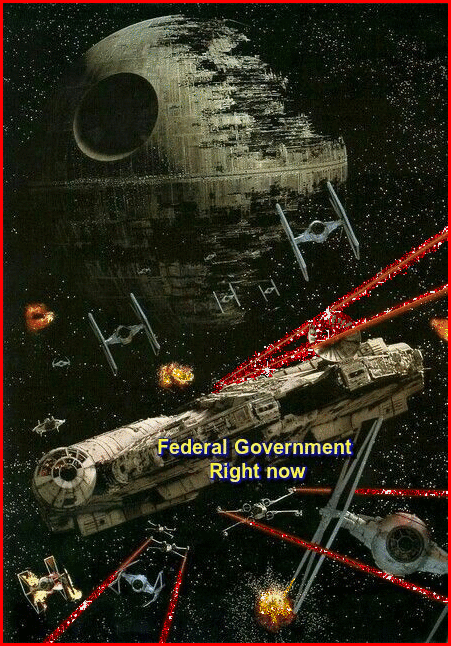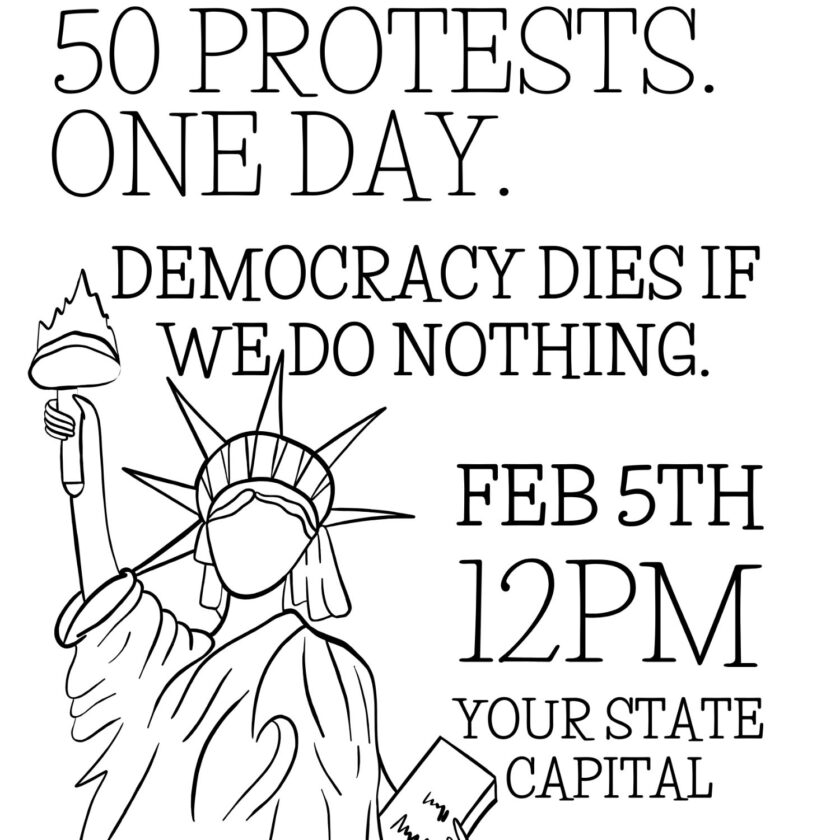The unfortunate demise of American democracy that once stabilized the world order after the fall of the Berlin wall has led to ripples throughout Europe and Balkins. Noone can trust Americans to do the right thing any longer or in the time required to establish peace and security. In this new matrix a new paradigm emerges.
Here’s a more detailed breakdown
Key Actors and Institutions:
- Nations: Individual countries play a crucial role in their own defense and contribute to global security efforts through alliances, treaties, and international cooperation.
- International Organizations: The United Nations (UN) and regional organizations like NATO are vital for maintaining peace, resolving conflicts, and addressing global security challenges.
- Private Military and Security Companies (PMSCs): These companies are increasingly involved in security operations, often in conflict zones or areas with weak governance.
- Non-State Actors: Terrorist groups, criminal organizations, and other non-state actors can pose significant threats to global security.
Dimensions of Global Security:
- Human Security: Protecting individuals from threats, including violence, poverty, and disease.
- Transnational Security: Addressing issues that transcend national borders, such as terrorism, cybercrime, and climate change.
- National Security: Protecting a state’s sovereignty, territory, and interests.
- Transcultural Security: Promoting understanding and cooperation between different cultures to prevent conflict.
- Environmental Security: Protecting the planet from environmental degradation and its impacts on human security.
Key Concepts and Issues:
- Conflict and its Resolution: Understanding the causes and consequences of conflict, and developing effective methods for prevention and resolution.
- War and Peace: Analyzing the dynamics of war and peace, and promoting peaceful solutions to international disputes.
- Borders and Security: Examining the role of borders in security, including issues of migration, smuggling, and terrorism.
- Climate Change: Recognizing the growing threat of climate change to global security, including displacement, resource scarcity, and conflict.
- Arms Proliferation and Control: Addressing the spread of weapons of mass destruction and other weapons, and promoting arms control measures.
- Geopolitical Strategic Competition: Analyzing the dynamics of power and competition between nations, and the implications for global security.
- Globalization: Understanding the impact of globalization on security, including economic interdependence, migration, and the spread of ideas.
Enchanted Rock State Natural Area
16710 Ranch Rd. 965
Fredericksburg, TX 78624





























